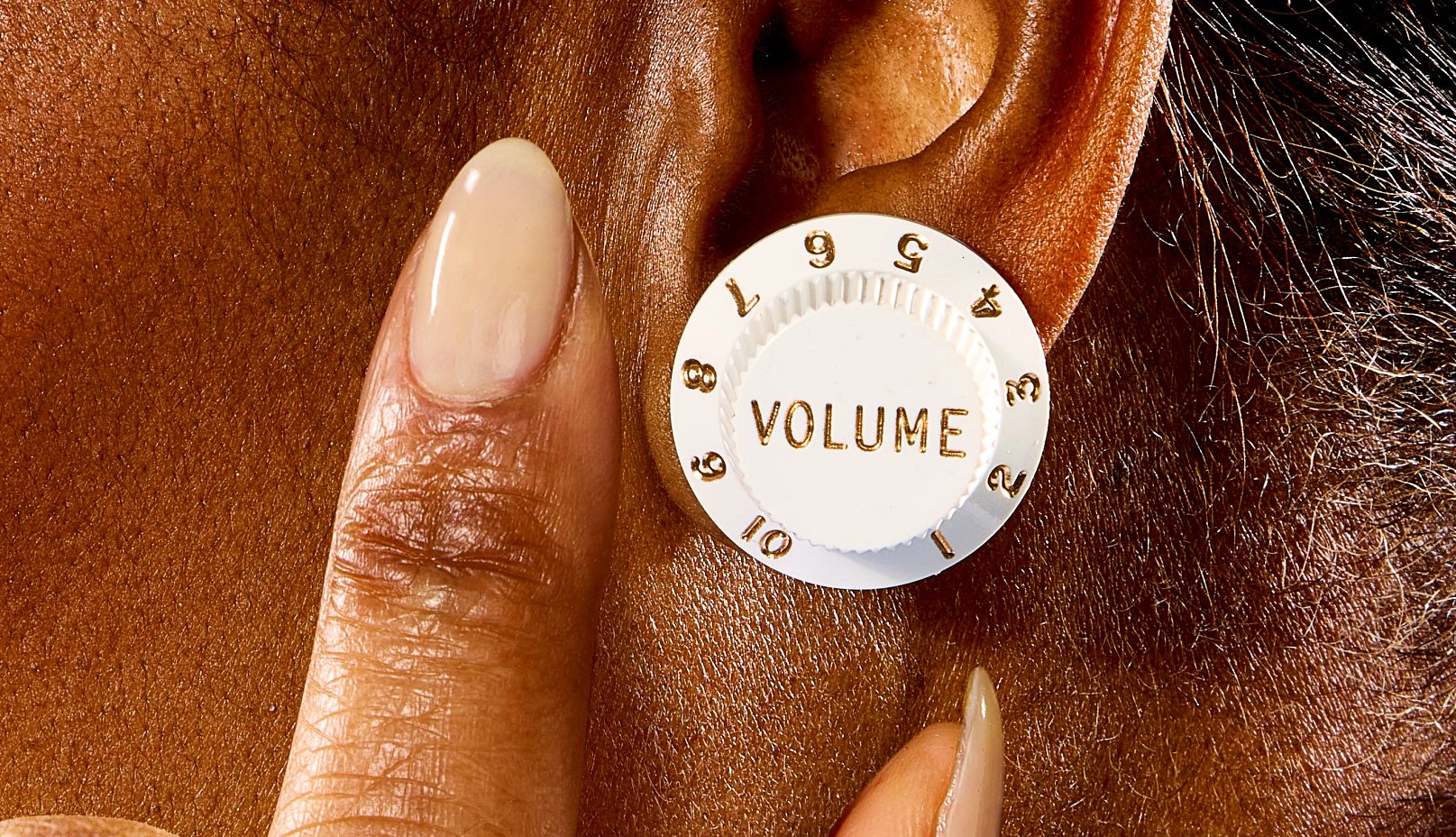AARP Hearing Center


Hearing issues were starting to crimp Andrew Blaise’s social life. “Conversations in noisy environments are harder to follow, especially in group settings or with background noise,” says the 54-year-old from Portland, Maine.* This has made going out to dinner with friends or joining in family gatherings more challenging, he says.
What to expect
“Everbody’s hearing slowly and gradually declines over our lifetimes,” says Frank Lin, M.D., director of the Cochlear Center for Hearing and Public Health at Johns Hopkins University in Baltimore and the author of AARP's Hearing Loss for Dummies. The cochlea, the part of the inner ear that transmits sound to the brain, contains cells that don’t regenerate. Over time, those cells naturally die off, resulting in a gradual age-related hearing loss. By ages 55 to 64, an estimated 10 percent of U.S. adults have lost enough that hearing aids could be beneficial.
How Your Senses Change With Age
The pace at which hearing loss develops is different for each of us. Past sound exposure (think years of concerts or mowing the lawn without protection), family history and medication use (some drugs, like those used in chemotherapy, can damage ear cells) can all affect our hearing. Hearing loss is also cumulative: Your hearing status later in life is highly influenced by the events and experiences that happen across your lifespan, says Lori Pakulski, an audiologist and professor at the University of Toledo. “Two adults in their 50s with normal hearing thresholds may already be on a trajectory for very different hearing health later in life.”
High frequencies begin to disappear
Gradual hearing loss begins as early as our 20s, with high frequencies the first to degrade, says Lin. But most of us don’t notice it until our 40s or 50s, in part because our brains do such a good job of compensating for diminished hearing by filling in the gaps, sometimes with the help of visual cues and lip movements.
It gets harder to distinguish between sounds
Once we reach our 50s, many people find that it’s more difficult to hear in noisy situations. “It sounds like people are mumbling at you; you’re leaning in more to hear,” says Lin, who at 48 is aware of this happening with him.
You may experience phantom sounds
About 1 in 8 people ages 45 to 64 develop tinnitus, a ringing, buzzing or roaring in the ears that can be temporary or permanent. The condition can be triggered by infections or medications but is often associated with hearing loss, as the brain can generate phantom sounds to compensate for reduced auditory function. An audiologist or otolaryngologist can suggest treatments like sound therapy or cognitive behavioral therapy.
You may need a hearing boost
Untreated, hearing loss can lead to depression, isolation, even cognitive decline. “When you have untreated hearing loss, your brain cells are less active,” says Leslie Soiles, chief audiologist at HearingLife, a national chain of audiology centers.
Less active brain cells? No, thank you. For mild loss, try hearing amplifiers, such as JLab’s Hear OTC Hearing Aid & Earbuds, or AirPods Pro 2’s conversation boost feature, which Lin uses to hear conversations at noisy parties. Companies like EssilorLuxottica are making glasses with hearing boosting built in. Hearing aids are a lot less conspicuous these days and may reduce dementia risk by 50 percent in high-risk adults, according to one study. A 2023 study found OTC hearing aids just as effective as prescription aids for mild to moderate hearing loss.






































































You Might Also Like
Doctor, Can Someone Fix My Tinnitus?
A doctor's advice on how to cope with ringing in your ears
Your Smart Guide to Hearing Health
23 ways to keep hearing clearly
How to Convince a Partner to Get a Hearing Aid
Dr. Adam’s advice for encouraging a loved one to get their hearing tested